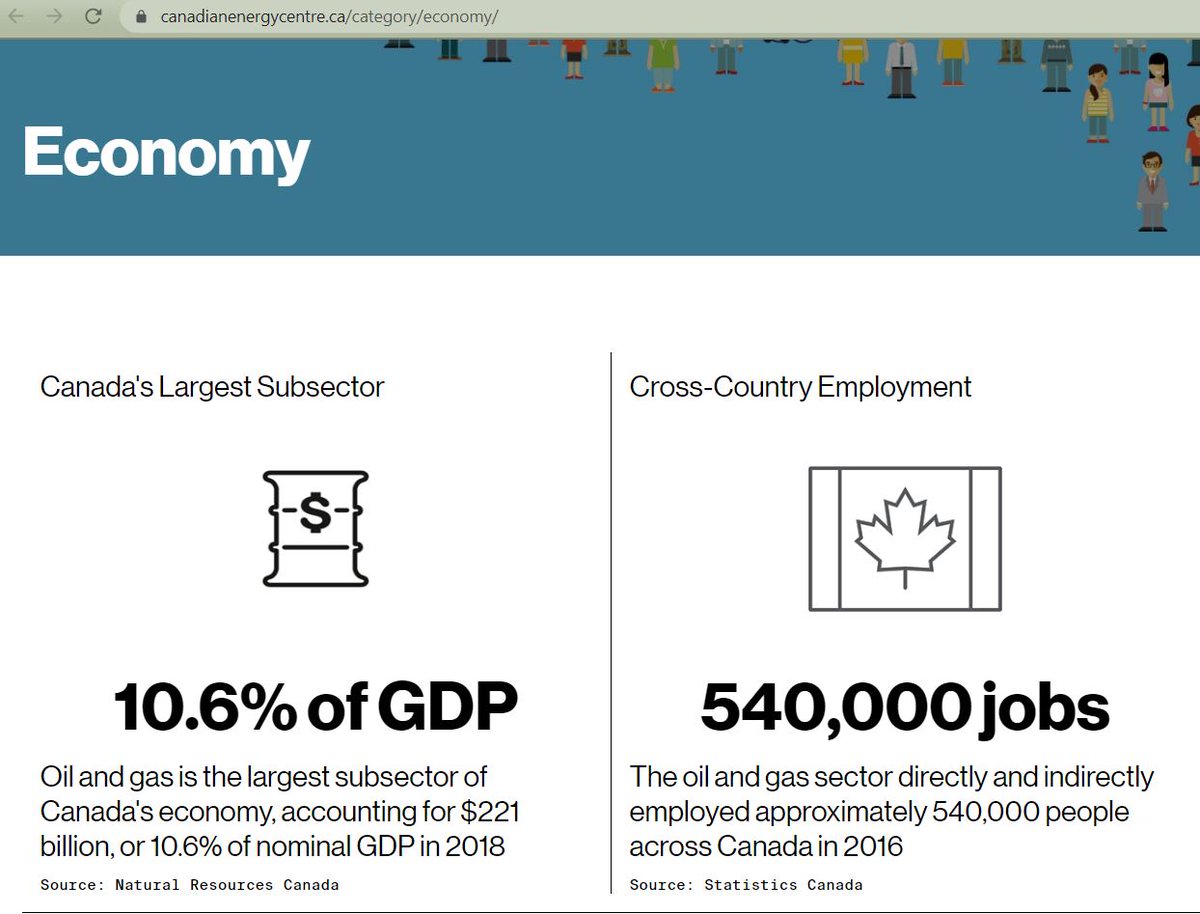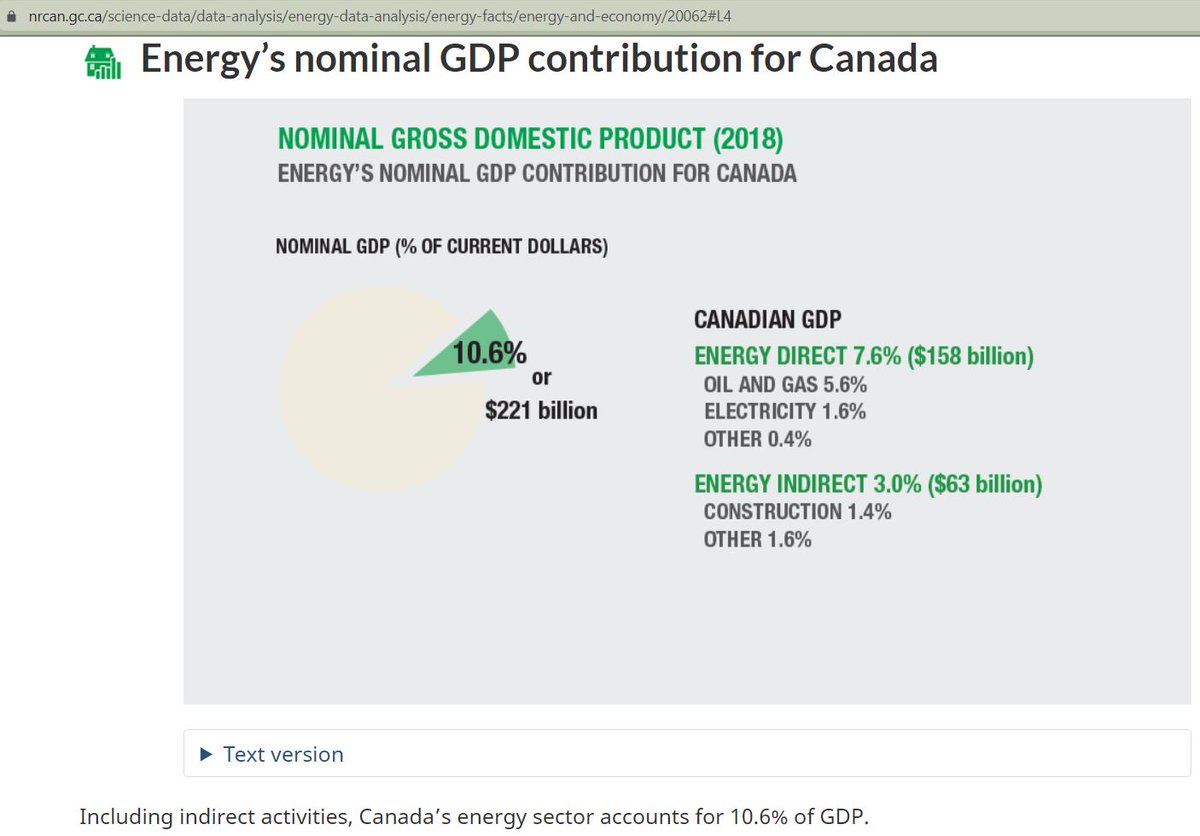
Canadian oil companies and their industry lobby groups were also deeply embedded in campaigns of climate denial and delay
https://twitter.com/greenpeaceusa/status/1453711573046943746
Some of the earliest research was done by @exxonmobil and its Canadian arm @ImperialOil, whose scientists had found a clear and credible link between oil and gas combustion and global warming by the 1970s, but the companies went on to deny the problem thetyee.ca/News/2019/12/1…
A 1980 report from Imperial concluded that “there is no doubt that increases in fossil fuel usage and decreases of forest cover are aggravating the potential problem.” desmog.com/2016/04/26/the…
They knew the stakes: Exxon researcher Roger Cohen wrote in a 1981 memo that if the planet keeps warming past 2030 it could “indeed be catastrophic (at least for a substantial fraction of the earth's population).” insideclimatenews.org/news/22092015/…
A 1990 internal doc from @ImperialOil found “The scientific basis for the so-called greenhouse effect was well established decades ago” and “Imperial shares the view that the possibility of global warming is a potentially serious issue"
documentcloud.org/documents/5015…
documentcloud.org/documents/5015…
Imperial researcher 1991: “Any major development... will need to assess the impacts of potential global warming. This is particularly true of Arctic & offshore projects in Canada where warming will clearly affect sea ice, icebergs, permafrost & sea levels” graphics.latimes.com/exxon-arctic/
Privately, the Global Climate Coalition (Big Oil, coal + cars) 1995 internal memo said the “greenhouse effect and the potential impact of human emissions of greenhouse gases such as CO2 on climate is well established and cannot be denied.”
Yet in public, the Coalition challenged whether climate change is real—and so did its members, including Imperial Oil.
Imperial Oil CEO Bob Peterson in 1996: “We must first ask ourselves how conclusive the scientific evidence is that climate change is occurring, and if it is occurring, what role human activity has played. I believe the findings to date are inconclusive.” drive.google.com/drive/u/0/sear…
Also in Imperial Oil Review (2000): "On the key question of whether carbon dioxide emissions from human activity are causing the climate to warm beyond the range of natural variation, there is certainly no consensus in the global scientific community” drive.google.com/drive/u/0/sear…
Canada's oil lobby @OilGasCanada went all-out to oppose ratification of the Kyoto Protocol, hyperbolically arguing it would cause $30 billion of economic damage iatp.org/news/major-can…
CAPP launched "Canadian Coalition for Responsible Environmental Solutions" which spent $275,000 a week running ads telling Canadians to “ask your MP to stop the rush to ratify.” zoecormier.com/wp-content/upl…
In the 2000s, the oil lobby (mostly) switched to delay - saying they supported action on climate in principle but opposing any policy that would significantly reduce demand for, or emissions from, their product
They didn't entirely abandon old-school denial, however (thanks to @mikedesouza for archiving his since-excised Postmedia stories on things like Talisman funding denial).
mikedesouza.com/2012/12/07/tal…
mikedesouza.com/2012/12/07/tal…
As an example of climate delay, CAPP successfully lobbied against a carbon price that would add $1 to a barrel of oil theglobeandmail.com/report-on-busi…
A number of Canadian oil companies - under public & investor pressure - now say they are committed to net-zero* but watch how they allocate their investment $ & how viciously they oppose coming federal caps on their emissions
* net-zero for their production emissions only
* net-zero for their production emissions only
• • •
Missing some Tweet in this thread? You can try to
force a refresh






